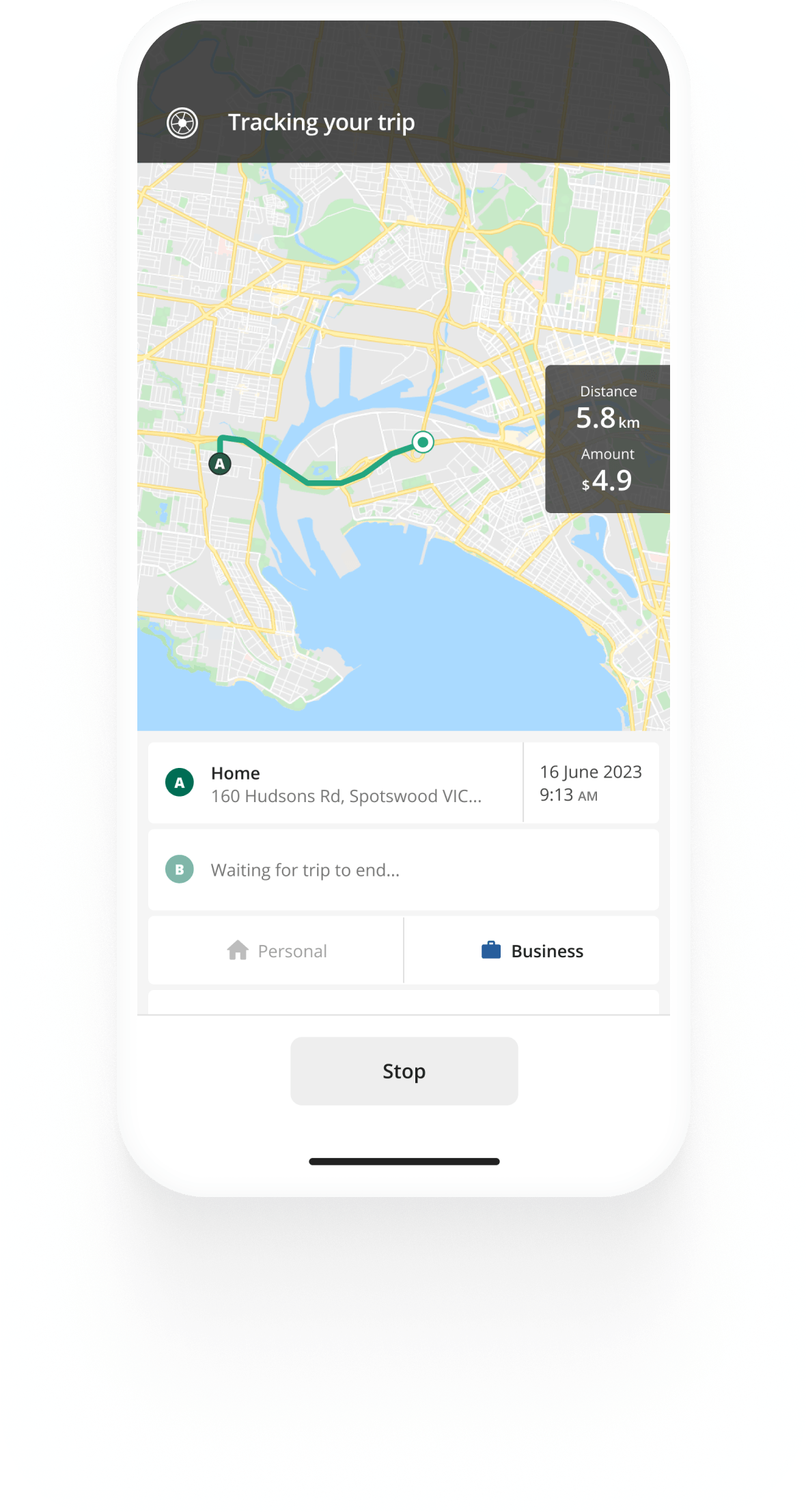Track mileage automatically
Get startedWhat is a fleet vehicle?
A fleet vehicle is any motorised asset owned by a company to transport people and products, conduct business or assist with daily activity. Vehicle fleets are often used for delivery services, or they can be assigned to employees in sales or other occupations that require a lot of travel throughout the day.
A vehicle fleet can range from a group of service vans, rental cars, and taxicabs to a group of bulldozers and tractors. Broadly speaking, fleet vehicles are cars, trucks, or other automobiles owned by a business or organization for official use.
Does your business need to keep track of personal and business mileage? Try out Driversnote for automatic tracking of mileage.
The pros of having fleet vehicles
Efficient operations
A well-maintained fleet of vehicles can be critical for business. Companies can rely on it to make deliveries or complete jobs on time without having to worry about public transport strikes or delays. It also allows the company to handle customer queries with personal contact with the customers.
Branding opportunity
Any fleet vehicle can be branded. Driving a corporate fleet vehicle can increase business visibility. It will help to gain more exposure of the brand on the road making the customers more likely to trust the brand by advertising on the side of the vehicles.
Employee perk
Employees usually perceive a corporate fleet vehicle as a perk. Employees log expense mileage if they use personal cars when they finish their drives that are reimbursed. Fleet vehicles usually reduce the employee log work. The business pays for the gas and tracks mileage and the employee doesn’t have to worry about depreciation.


Kilometre tracking made easy
Trusted by millions of drivers
Automate your logbook Automate your logbook

Automatic mileage tracking and ATO-compliant reporting.
Get started for free Get started for freeThe cons of having fleet vehicles
More liability
Corporate fleet vehicles will make the business liable if something happens to the employee while he or she is driving a corporate fleet vehicle. Insurance can protect the business against legal action. Insurance cost is an additional liability. The corporate fleet vehicles are also high-maintenance and depreciate over time. Your fleet vehicle will be on the road often so frequent tune-ups or repairs are required. Additionally, maintenance has its limitations even if you take good care of the car.
Expensive investment
A vehicle fleet is an investment. Your business must have a solid cash flow to add it to its assets. The initial cost of buying the vehicles is high. You will also likely take a loss if you sell fleet vehicles in the future due to depreciation.
More paperwork
Even if you own a single fleet vehicle, your administrative workload will increase, and you will need to manage the maintenance, insurance, and tax filings. You may need additional staff or time to manage this and if you own a small business the vehicle may be underutilised with infrequent usage.
Businesses that make use of fleet vehicles
In general, any small or large business can own a fleet vehicle. Industries that commonly use fleet vehicles include catering, delivery and transportation, home services, construction, hospitals, equipment dealers, pharmaceuticals, and public services.

Tired of logging mileage by hand?
Effortless. ATO-compliant. Liberating.
Related posts
ATO Mileage Guide
25 June 2024 - 5 min read
Learn about the rules of reimbursing employees for their car expenses or deducting expenses as an employee or self-employed individual.
Hiring Employees as a Sole Trader
15 April 2025 - 5 min read
How to hire employees as a sole trader in Australia and the main obligations and considerations in doing so.
How to Write Off a Car for Business in Australia
15 April 2025 - 2 min read
Don't miss out on writing off a car for business - it may be the largest deduction you can claim as a business owner. See the 2024/25 ATO rules.

.svg)
.svg)